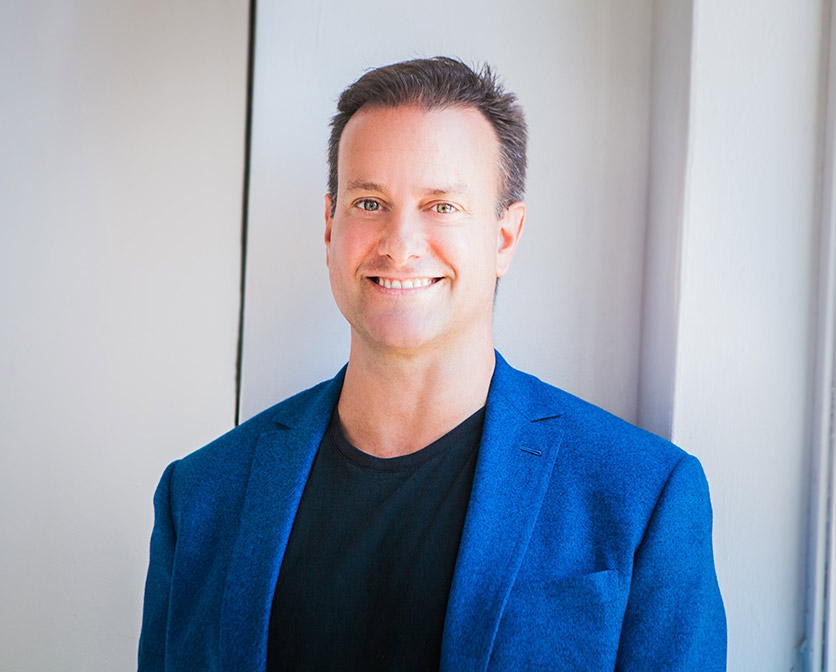
CWB National Leasing launches new mobile-first website
CWB National Leasing launches its refreshed website that features updated design and mobile optimized navigation for Canadian equipment financing customers on the go.
See full post

By: CWB National Leasing
Maybe you’ve been working full days while simultaneously home-schooling kids. Perhaps working from home has you moving less frequently throughout the day. Maybe you’re feeling guilty about not being as productive as you usually are.
This is (cliché alert) the “new normal” for lots of people. We’ve been thrown a lot of changes lately that are beyond our control! It can make the small changes and improvements we want to make seem big, and our bigger goals can feel as feasible as climbing Everest.
Changing habits and adding wellness goals on your to-do list can seem daunting, and yet, that might be just what the doctor ordered. What if instead of trying to reinvent your entire lifestyle, you just made a teeny, tiny change? A one per cent change, to be exact!
That’s exactly what performance physiologist and scientist in Transitional Medicine at the Hospital for Sick Children, Dr. Greg Wells, suggests in his latest book, The Ripple Effect. In this part-story, part-resource handbook, he details how making even a 1% change in the right direction can result in enormous impacts over time.

Dr.Greg Wells, scientist and performance physiologist and author of The Ripple Effect
“When you make very small changes in your lifestyle and you are consistently dedicated to sticking to those micro-wins consistently you can make great progress,” says Wells, adding, “Its like compound interest for your health and wellbeing.”
One small change inevitably leading to another change naturally causes, as the title suggests, a ripple effect of positive change. But Wells cautions not to take on too much at once. Focus, he says, is the most important thing.
“Don’t get distracted” he says, “All your energy gets dedicated to that one idea. Build routines and habits around just one small change. When it’s automatic and you don’t even think about it anymore you can move on to the next improvement.”
Wells uses the example of a busy executive mother, who feels guilty for not spending more time with her child and is consumed by work. Rather than trying to overhaul her current situation, when she started with a 1% change – going to the park with her daughter for an hour on Saturdays – she began to feel the positive impacts in her life. Those positive feelings provide feel-good chemicals in our body that encourage us to do more of the same. It’s all about taking that first step.
The book is divided into sections with each providing its own balance of advice and medical-based fact to provide context to the suggestion. Sections focus on diet, exercise, sleep and recommended routines depending on your lifestyle.
Our book club readers mostly identified with the sleep section, noting several takeaways that help them in their day-to-day lives.
For example, did you know that when you wake up within your sleep cycle is important? Wells describes how timing your alarm clock to coincide with your sleep cycle can wake you feeling more refreshed. Wells also notes that investing in getting enough sleep is one of the single most important things we can do to stay healthy.
“I use a Fitbit feature called Smart Wake that tracks my sleep cycle,” says book club member, Melissa Conn, adding, “it wakes me up at the time closest to my alarm setting that is also in the lightest phase of my sleep cycle.”
While digital tools are certainly an aid to support better sleep, a no-tech solution works too!
“After reading this book, I can nap guilt-free, says fellow book-clubber, Karen Mckerracher, adding “I’m not a good sleeper. I wake up and can’t get back to sleep. A nap helps.”
However, improving your sleep isn’t just about waking up.
“Set a bedtime alarm, not a morning alarm,” says Wells, adding, “When you go to bed at the same time every day your body learns when to release the hormones that help you to fall asleep and stay asleep.”
Maybe it’s not sleep you need to work on. Determining what change will make the most impact for you depends on the person.
“Some need to work on sleep. Others would benefit from eating healthier. Still others would feel better if they got outside for a walk,” says Wells. “The key is to find an area where you want to focus your energies. When you want to make changes and then you focus there you can start the process of making small adjustments that add up to make a huge difference over time.”
Whether it’s sleep, diet or exercise, making a 1% change could be all you need to feel the positive effects required to get us through tough times and re-establishing routines.
Our CWB National Leasing Down to Business Book Club selects a book quarterly, that focuses on personal or professional development, because one of the greatest investments we can make, is in ourselves!
Posted in Newsworthy,
Contact us and we'll call you right away